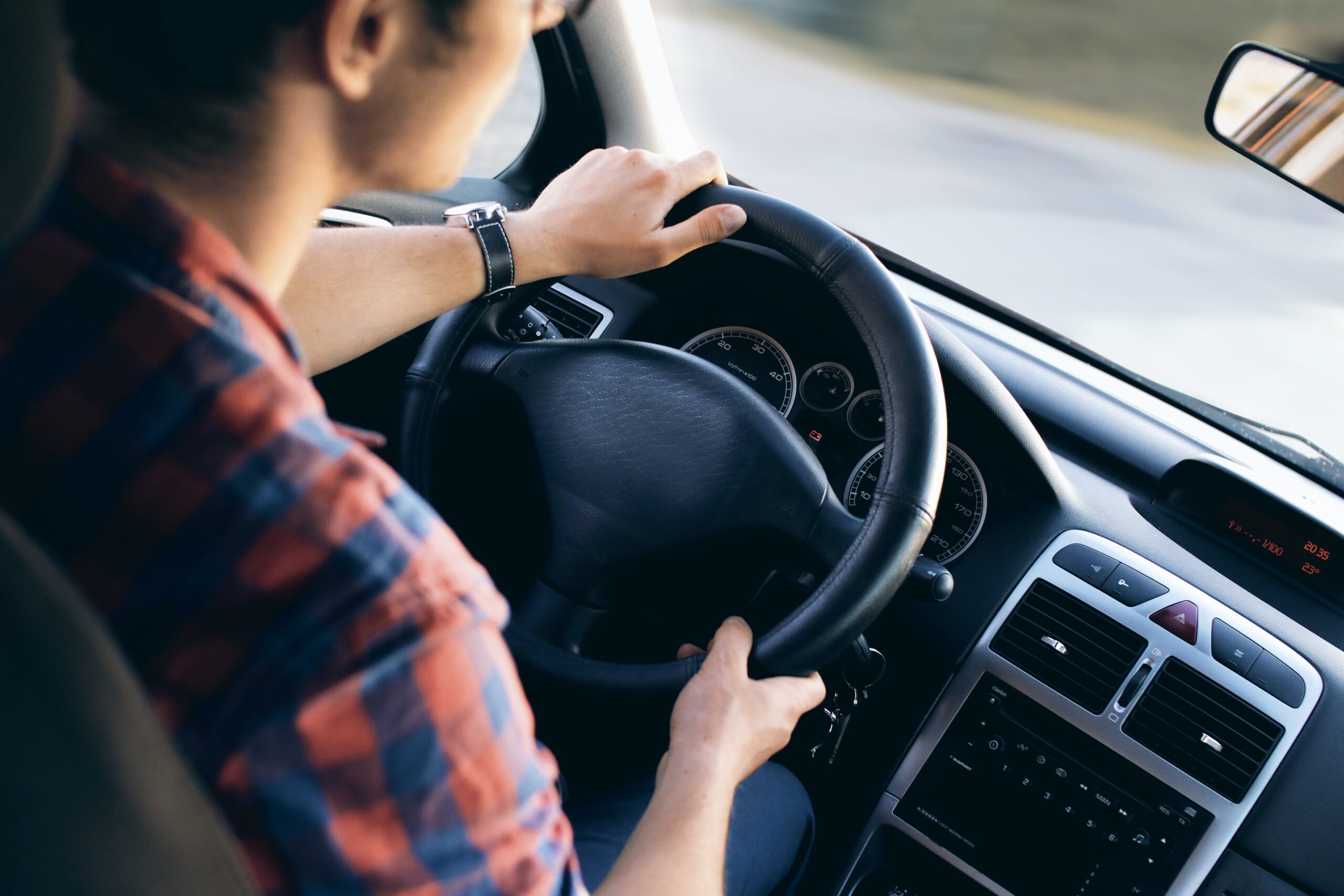In the fast-paced world we live in, it’s all too easy to get caught up in the demands of our smartphones, in-car entertainment systems, and other distractions while driving. However, the consequences of such actions can be severe, leading to accidents, injuries, and legal complications. Distracted driving isn’t just a matter of safety; it also has significant legal ramifications.
In this blog, we’ll explore the complex landscape of liability and the legal steps one can take when seeking compensation after a distracted driving incident. From understanding legal responsibility to navigating the path towards compensation, let’s delve into the intricate web of laws surrounding distracted driving.
Liabilities in Distracted Driving Cases:
When it comes to distracted driving incidents, determining liability is a crucial aspect of the legal process. Liability refers to the legal responsibility one party has for the consequences of an event, such as a car accident. Here are some key considerations:
- Negligence: Distracted driving is often rooted in negligence, where a driver fails to exercise reasonable care on the road. Negligence can take various forms, such as texting while driving, using a mobile phone without hands-free technology, or engaging in other activities that divert attention from the road.
- Driver’s Duty of Care: Every driver has a duty of care to operate their vehicle responsibly and without causing harm to others. Distracted driving breaches this duty, making the driver potentially liable for any resulting accidents or injuries.
- Contributory Negligence: In some cases, multiple parties may share the blame for an accident. Contributory negligence occurs when the injured party is also found to have contributed to the accident. In such cases, the legal system may assign a percentage of fault to each party involved.
Seeking Compensation:
Once liability is established, individuals injured in a distracted driving incident may seek compensation for damages. Here’s a step-by-step guide to the process:
- Gather Evidence: Collect as much evidence as possible to support your case. This may include photographs of the accident scene, witness statements, police reports, and any relevant medical records detailing injuries sustained.
- Document Damages: Keep a detailed record of all damages, including medical expenses, property damage, lost wages, and any other costs incurred as a result of the accident. This documentation is crucial when seeking compensation.
- Insurance Claims: Contact your insurance company promptly to report the accident. Provide them with the necessary information and cooperate fully during the claims process. Insurance coverage may vary, so understanding your policy is essential.
- Legal Consultation: If the insurance settlement is insufficient or if you face challenges in the process, consult with a Chicago driving accident lawyer. A legal professional can provide guidance on your rights, assess the strength of your case, and navigate the complexities of the legal system.
- Negotiation or Litigation: Your attorney may negotiate with the at-fault party’s insurance company to reach a fair settlement. If an agreement cannot be reached, legal proceedings may be initiated, leading to a lawsuit and potential court trial.
Understanding the legal ramifications of distracted driving, from establishing liability to seeking compensation, empowers individuals to navigate the legal system effectively and ensure accountability for the consequences of distracted driving incidents.

